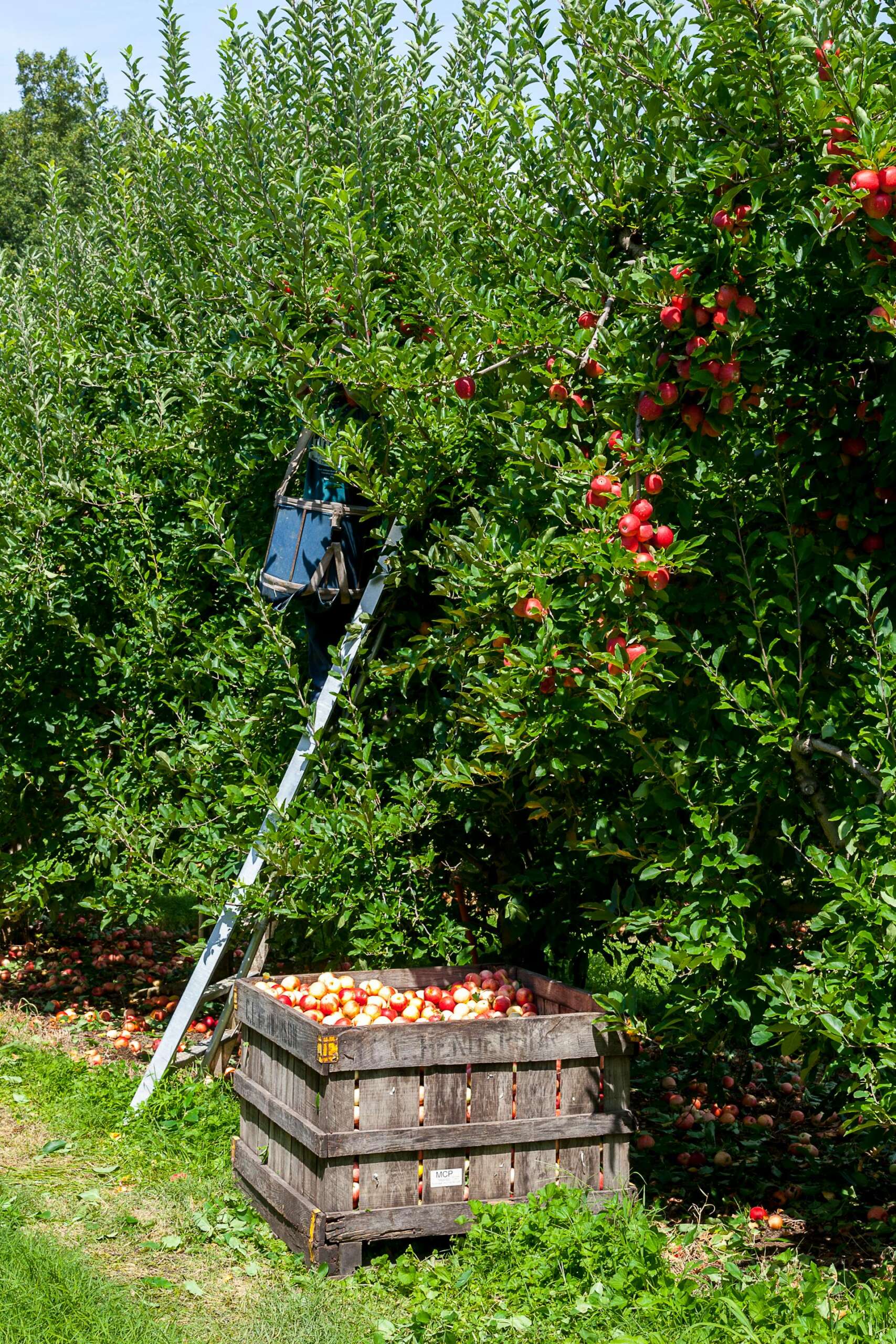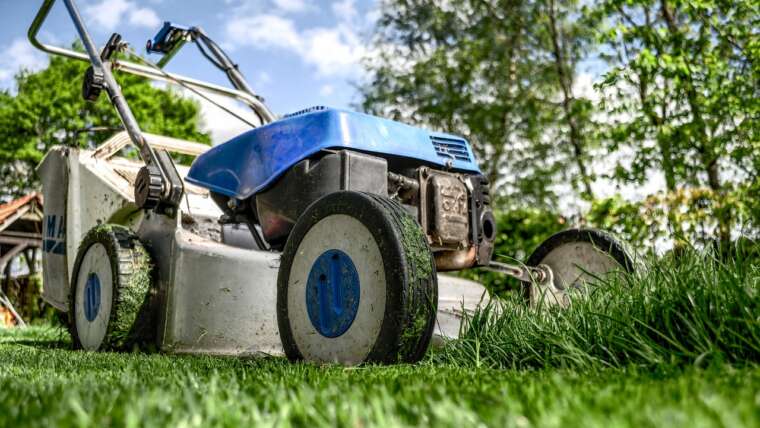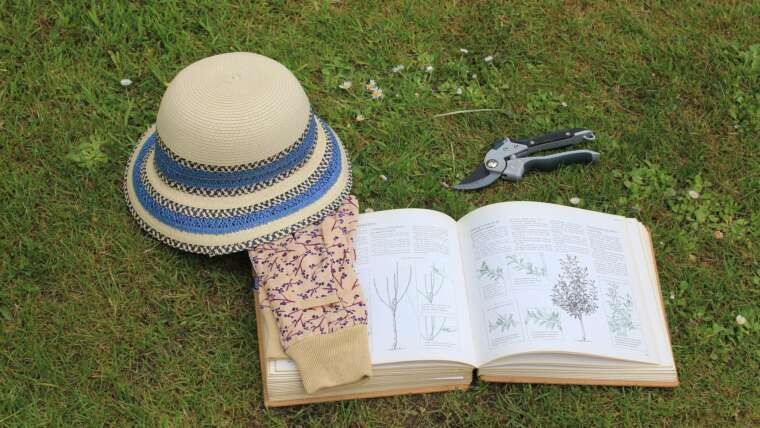
The importance of apple trees to our ecosystem cannot be overstated. Trees play a critical role in supporting biodiversity, regulating the climate, and maintaining the balance of natural systems. Beyond their aesthetic and economic value, trees provide life-sustaining benefits to both humans and wildlife. In this article, we explore why planting trees is essential for a healthier ecosystem, and how even simple steps like planting fruit trees can have a significant impact. Whether you’re an avid gardener or just looking to make a positive contribution to the environment, understanding the role trees play in our world is key to making informed decisions.
Table of Contents
- 1 The Multifaceted Benefits of Apple Trees
- 2 Apple Trees for Sale in the UK Climate
- 3 Enhancing Biodiversity Through Tree Planting
- 4 Improving Soil Health
- 5 Urban Greening and Human Health
- 6 Fruit Trees and Sustainable Living
- 7 How Trees Combat Air and Water Pollution
- 8 The Long-Term Impact of Tree Planting
- 9 Conclusion: A Greener Future Starts Today
The Multifaceted Benefits of Apple Trees
Trees have been called the lungs of the Earth, and for good reason. They absorb carbon dioxide, a major greenhouse gas, and release oxygen into the atmosphere. This simple yet profound process is vital for maintaining the air we breathe. However, trees do much more than just provide clean air. Their roots stabilize soil, reducing erosion and preventing landslides. They also filter water by trapping pollutants, ensuring that streams, rivers, and other water bodies remain clean.
Beyond these physical benefits, trees support biodiversity by providing habitats for countless species. From birds and insects to larger mammals, trees serve as shelter, food sources, and nesting sites. Forest ecosystems, in particular, are some of the most biodiverse areas on Earth, teeming with life that depends on the stability and resources trees provide.
The capacity of trees to control temperature is one feature that is frequently disregarded yet is very significant. Trees help mitigate the urban heat island effect, which is caused by heat-absorbing and -radiating concrete and asphalt that raises temperatures. We can lower energy costs, cool down metropolitan areas, and enhance both human and animal well-being by increasing the number of trees planted in urban areas.
Apple Trees for Sale in the UK Climate
As global temperatures continue to rise due to climate change, planting trees has emerged as one of the most accessible and effective ways to mitigate its effects. Forests act as carbon sinks, meaning they absorb more carbon dioxide than they emit. This helps to offset human activities that release large amounts of CO2 into the atmosphere, such as burning fossil fuels.
In addition to absorbing carbon, trees can also help prevent climate-related disasters. Their ability to reduce soil erosion and maintain soil moisture can lessen the impact of floods and droughts, which are becoming more frequent due to changing climate patterns. By stabilizing the soil and regulating water cycles, trees contribute to the resilience of ecosystems in the face of environmental challenges.
A specialist from ChrisBowers, a nursery well-known for its quality fruit trees, remarks, “When people are looking for apple trees for sale in UK, they’re not just adding a food source to their garden. They’re contributing to biodiversity, improving soil health, and helping to fight climate change. Planting trees is one of the easiest and most effective ways to make a lasting positive impact.”
Enhancing Biodiversity Through Tree Planting
Biodiversity, the variety of life on Earth, is essential for the survival of ecosystems. Trees are a cornerstone of biodiversity, supporting countless species that depend on them for food, shelter, and reproduction. In fact, many species have evolved to live specifically in certain types of trees or forests, meaning that without these trees, they would struggle to survive.
When you buy fruit trees and plant them in your garden or orchard, you are not just providing a source of food for yourself; you’re also creating a micro-habitat that can support a range of wildlife. Birds, insects, and small mammals are all attracted to fruit-bearing trees. Pollinators like bees and butterflies, which are essential for the reproduction of many plants, will benefit from the blossoms that fruit trees produce.
Furthermore, trees can act as corridors for wildlife, connecting fragmented habitats and allowing species to move more freely between areas. This is especially important in regions where urban sprawl has led to habitat destruction. By planting trees, you can help to reverse some of this damage and support local wildlife.
Improving Soil Health
Soil health is fundamental to the overall health of ecosystems, and trees play a crucial role in maintaining and improving soil quality. The roots of trees help to bind the soil together, preventing erosion and keeping the land fertile. Additionally, the organic matter from falling leaves and decomposing wood adds nutrients to the soil, enriching it and creating a better environment for other plants to grow.
This is particularly important in areas where agriculture has depleted the soil of nutrients. By reintroducing trees into these landscapes, we can restore soil health and make the land more productive. Fruit trees, in particular, are an excellent choice for this purpose because they provide both ecological and economic benefits. When people buy fruit trees, they invest in a sustainable future that supports the health of the soil while also providing a long-term source of food.
Moreover, the deep root systems of trees can help to draw up nutrients from the subsoil, making them available to other plants at the surface. This creates a more diverse and resilient ecosystem, where plants and trees can support each other in a symbiotic relationship.
Urban Greening and Human Health
In urban areas, trees offer numerous benefits beyond their environmental contributions. As mentioned earlier, they help to reduce the heat island effect, but they also play a role in improving human health and well-being. Studies have shown that being in the presence of trees and green spaces can reduce stress, improve mood, and enhance overall mental health.
Urban trees also improve air quality by filtering pollutants such as nitrogen dioxide, sulfur dioxide, and particulate matter. This is especially important in cities where air pollution is a major health concern. By planting more trees in urban environments, we can improve the quality of life for city dwellers, reduce respiratory diseases, and create more pleasant and livable spaces.
Furthermore, urban greening initiatives that encourage residents to buy fruit trees and plant them in their gardens or community spaces can have additional social benefits. Community gardens and orchards can bring people together, fostering a sense of community and shared responsibility for the environment. This, in turn, can lead to more sustainable urban planning and development, where green spaces are prioritized for the benefit of both people and the planet.
Fruit Trees and Sustainable Living
Fruit trees offer a unique opportunity for individuals to contribute to a healthier ecosystem while also reaping personal benefits. Unlike many other trees, fruit trees provide a direct food source, making them a valuable addition to any garden or orchard. When people buy fruit trees, they are investing in a sustainable food system that reduces the need for imported produce, which often comes with a high carbon footprint.
Growing your own fruit is also a great way to reduce waste. Commercial agriculture often leads to excess produce that goes to waste, but by growing fruit at home, you can harvest only what you need, reducing food waste and supporting a more sustainable lifestyle. Additionally, by using organic and sustainable growing practices, you can minimize the use of harmful pesticides and fertilizers, further contributing to environmental health.
Moreover, fruit trees encourage people to reconnect with nature and the food they eat. In today’s fast-paced world, many people are disconnected from the processes that bring food to their tables. Growing fruit trees offers a hands-on way to engage with nature, understand the growing process, and develop a deeper appreciation for the environment.
How Trees Combat Air and Water Pollution
Trees are natural filters, playing a key role in reducing both air and water pollution. They capture dust, smoke, and other pollutants from the air, improving overall air quality. Through a process called phytoremediation, trees can absorb harmful substances from the soil and groundwater, helping to clean up polluted areas.
This is particularly relevant in regions that have been affected by industrial activities or intensive farming, where chemical runoff has polluted waterways. By planting trees along riverbanks and in other critical areas, we can help to filter out pollutants before they reach larger bodies of water, improving water quality and protecting aquatic life.
In addition to filtering pollutants, trees also help to regulate water cycles by maintaining soil moisture and reducing surface runoff. This is especially important in areas that are prone to flooding, as trees can help to absorb excess water and prevent floods from occurring. By planting more trees, we can create landscapes that are better able to withstand extreme weather events, which are becoming more common as a result of climate change.
The Long-Term Impact of Tree Planting
The long-term benefits of planting trees cannot be overstated. Trees take years, sometimes decades, to reach maturity, but their impact on the environment begins from the moment they are planted. The sooner we begin planting more trees, the greater the positive effect we will see in the years to come.
Investing in tree planting is an investment in the future. While the immediate benefits, such as improved air quality and increased biodiversity, are important, the long-term effects are even more profound. Forests that are planted today will continue to sequester carbon, support wildlife, and provide resources for generations to come.
When individuals buy fruit trees, they are participating in this long-term vision. Each tree planted adds to the collective effort to restore and preserve the planet’s ecosystems. Whether in a small urban garden or a large rural orchard, every tree makes a difference.
Conclusion: A Greener Future Starts Today
In conclusion, planting trees is one of the most effective ways to support a healthier ecosystem. Trees clean the air, regulate temperatures, improve soil health, and provide habitats for countless species. As the world faces the growing challenges of climate change, biodiversity loss, and environmental degradation, the role of trees has never been more critical.
By taking simple steps, such as choosing to buy fruit trees and planting them in our gardens, we can contribute to the restoration of our ecosystems. These efforts, though seemingly small, can have a lasting impact on the health of our planet. The time to act is now, and by planting trees, we can create a greener, more sustainable future for ourselves and future generations.


